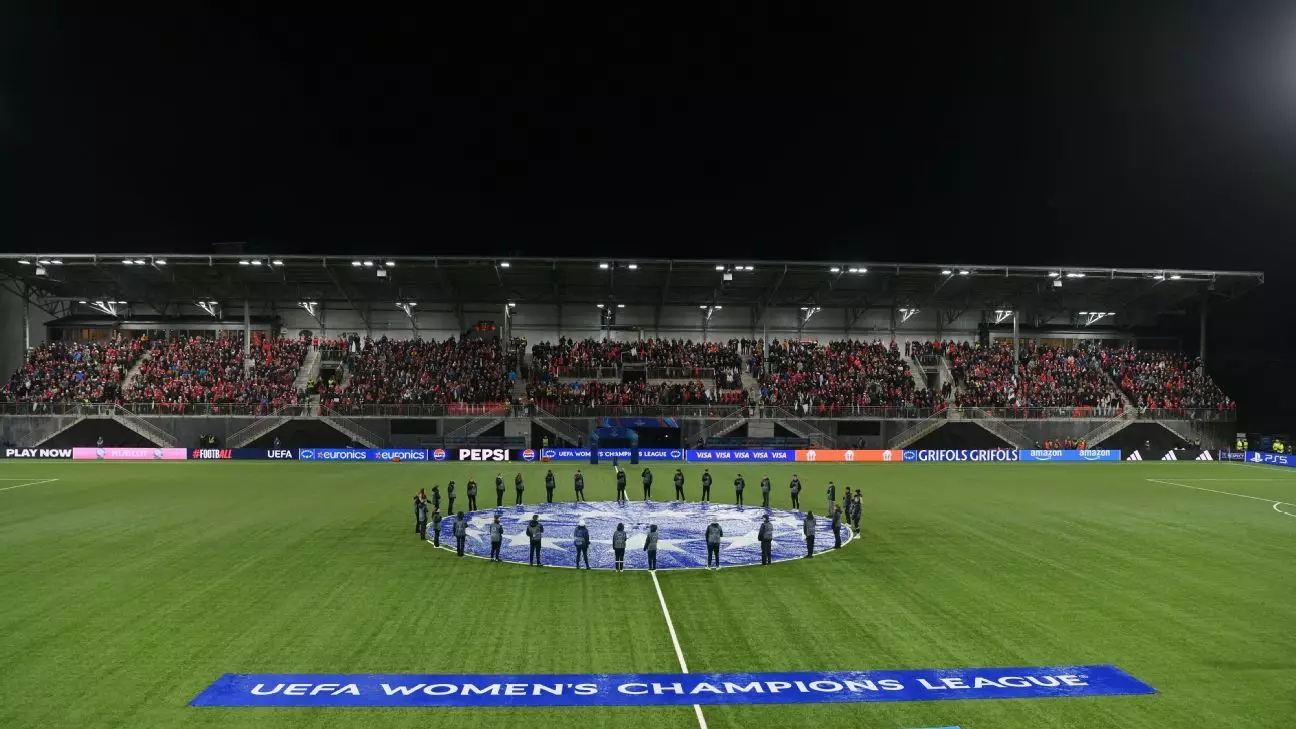In a remarkable turn of events, Norwegian club SK Brann has emerged victorious in their battle against UEFA’s disciplinary actions, setting a noteworthy precedent for free expression within the realm of sports. The Court of Arbitration for Sport (CAS) ruled in favor of the club, reversing a €5,000 fine imposed by UEFA due to the chants and banners from fans proclaiming “UEFA Mafia” during a women’s Champions League match. This ruling is not merely about the financial implications; it resonates with the broader social context of freedom of speech, illuminating the fine line between regulation and expression.
Upholding Human Rights in Sports
The actions taken by UEFA seemed to stem from a desire to maintain decorum and control over the sport, but the CAS ruling challenges the notion that such governance should infringe upon fundamental rights, particularly the right to free speech. Brann’s assertion that their fans’ slogan serves as a satirical critique of UEFA’s opaque authority underscores the necessity of interpreting regulatory frameworks through the lens of human rights. In an era where expression is frequently stifled, this victory serves as a crucial reminder that sports should not be immune to the principles of democracy and freedom.
The Broader Impact on European Football
Brann’s triumph is not merely a local victory; it reverberates throughout European football. As Aslak Sverdrup, the president of Brann, declared, “In a world where freedom of speech is under attack, this is an important and correct ruling.” The implications of the ruling extend beyond Brann, shining a light on the often unseen struggle for expressive rights among clubs and their supporters. Fans who engage in critical commentary and express dissatisfaction through banners and chants are exercising a fundamental right, one that should be respected rather than penalized.
A Divided Perspective: The UEFA Response
Despite the victory for Brann, UEFA’s reaction depicts a more nuanced understanding of the issue at hand. UEFA acknowledged the CAS ruling but maintained that freedom of speech cannot justify offensive statements. This perspective raises essential questions about what constitutes offensive speech versus critical observation. UEFA’s position implies an ongoing tension between maintaining safety and order within stadiums and recognizing the liberty of fans to express their frustrations constructively, which adds complexity to the discourse surrounding sports governance.
Looking Ahead: The Future of Free Speech in Sports
As this situation unfolds, it encourages deeper reflection on how sports organizations handle fan expression. Will this ruling pave the way for greater acceptance of critical voices in football? Will other clubs take a stand similar to Brann’s? This case may well inspire a transformative approach to fan engagement, advocating for an environment where criticism can exist without fear of retribution. The revolution of thought that SK Brann’s success heralds could augment a culture of openness in sports, fostering healthier dynamics between governing bodies and the passionate supporters that drive the game forward.

Leave a Reply